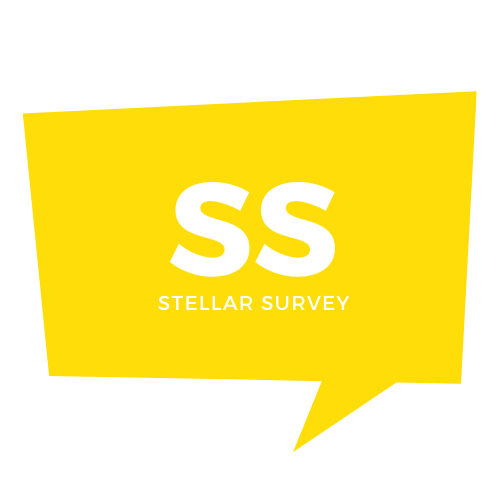Speaking up when you see something wrong at work is never easy. Maybe you’ve noticed fraudulent billing practices, unsafe working conditions, or discrimination that your employer ignores. You feel torn – on one hand, you don’t want to lose your job or alienate your coworkers. On the other hand, you know what’s happening is illegal or dangerous, and staying silent makes you complicit.
That’s where whistleblowing comes in. As a whistleblower, you call out misconduct, violations of law, or practices that put the public at risk. Doing so can provide a ton of benefits to those around the company. But it’s also a serious step with potential consequences for your career and reputation. So when should you consider blowing the whistle?
Table of Contents
Scenario 1: When the Law is Being Broken
The clearest time to act is when you witness outright illegal conduct. This could involve financial fraud, tax evasion, embezzlement, or falsifying records. If your employer is breaking state or federal law, whistleblowing may be the only way to stop it.
For example, if you work in healthcare and see your employer submitting false claims to Medicare, that’s not just unethical – it’s a crime. Reporting it could trigger an investigation that protects taxpayers and patients alike.
Scenario 2: When Public Safety is at Risk
Sometimes the issue isn’t about money – it’s about lives. If your employer ignores safety regulations, cuts corners in manufacturing, or hides health risks, the public could be in danger.
Imagine working at a factory where safety guards are removed from machines to speed up production. Or discovering that contaminated food products are being shipped out despite test results. In situations like these, staying quiet could mean widespread harm.
Scenario 3: When Internal Channels Don’t Work
Many companies have policies for reporting concerns, like anonymous hotlines or HR complaint systems. Ideally, these channels should give you a safe way to raise issues without retaliation.
But what if you’ve already reported misconduct internally and nothing has changed? Or worse, what if your employer brushed it aside or punished you for speaking up?
When internal systems fail, that’s when external whistleblowing may be necessary. Government agencies or outside organizations can step in where your employer refuses to act.
Scenario 4: When Retaliation Can’t Silence You
One of the biggest fears you face as a potential whistleblower is retaliation. Employers sometimes fire, demote, or harass employees who speak out. While this is illegal under many whistleblower protection laws, it still happens.
That’s why it’s important to consider whether you’re prepared for the possibility of pushback. Do you know your legal rights? Are you ready to involve a whistleblower attorney if your employer retaliates?
If you’re aware of the risks and determined not to be silenced, you may be in the right position to blow the whistle.
Scenario 5: When the Stakes Are Too High to Ignore
Ultimately, you should consider becoming a whistleblower when the stakes are just too high to stay quiet. Think about the consequences of inaction. Who could be harmed if nothing changes? What damage could continue unchecked?
If staying silent means people are exploited, injured, or put at risk, then speaking out may be the most responsible course of action. It’s never an easy decision, but sometimes the cost of silence outweighs the personal risks.
How to Protect Yourself as a Whistleblower
If you decide to come forward, you need to take steps to protect yourself. Taking these steps can strengthen your position and help shield you from retaliation:
- Document everything. Keep detailed, organized records of what you’ve observed, including dates, times, locations, and the people involved. Save emails, text messages, financial statements, or other documents that back up your concerns, but make sure you do so legally.
- Follow internal procedures first (if safe). Many employers have policies or hotlines for reporting misconduct, and using them can show that you tried to resolve the issue internally. However, if you fear the company will cover it up or retaliate immediately, you may be justified in going straight to an external authority. The key is to weigh the risks and make the choice that best protects you.
- Learn your rights. Federal and state laws protect whistleblowers in different industries, from workplace safety to government contracts. Some laws even provide financial incentives if your information helps recover funds lost to fraud. Understanding your legal protections will help you feel more confident and give you leverage if your employer pushes back.
- Consult an attorney. A lawyer with experience in whistleblower cases can explain the safest way to report and guide you through the process step by step. They can also help you understand what information you can legally disclose and what steps to take if you experience retaliation. Having an attorney on your side levels the playing field against a powerful employer.
- Stay professional. Even if you’re frustrated or angry, avoid lashing out at your employer or breaking company rules to gather evidence. Acting professionally keeps you credible in the eyes of investigators, courts, or agencies reviewing your claim.
The Power of Whistleblowing
While the risks are real, there are also benefits to stepping forward. Whistleblowers often play a critical role in stopping wrongdoing that would otherwise continue unchecked.
In some cases, you may be eligible for financial rewards if your report leads to a successful government recovery, especially in fraud cases involving government funds. More importantly, you gain peace of mind in knowing you did the right thing – something that can’t be measured in dollars.
